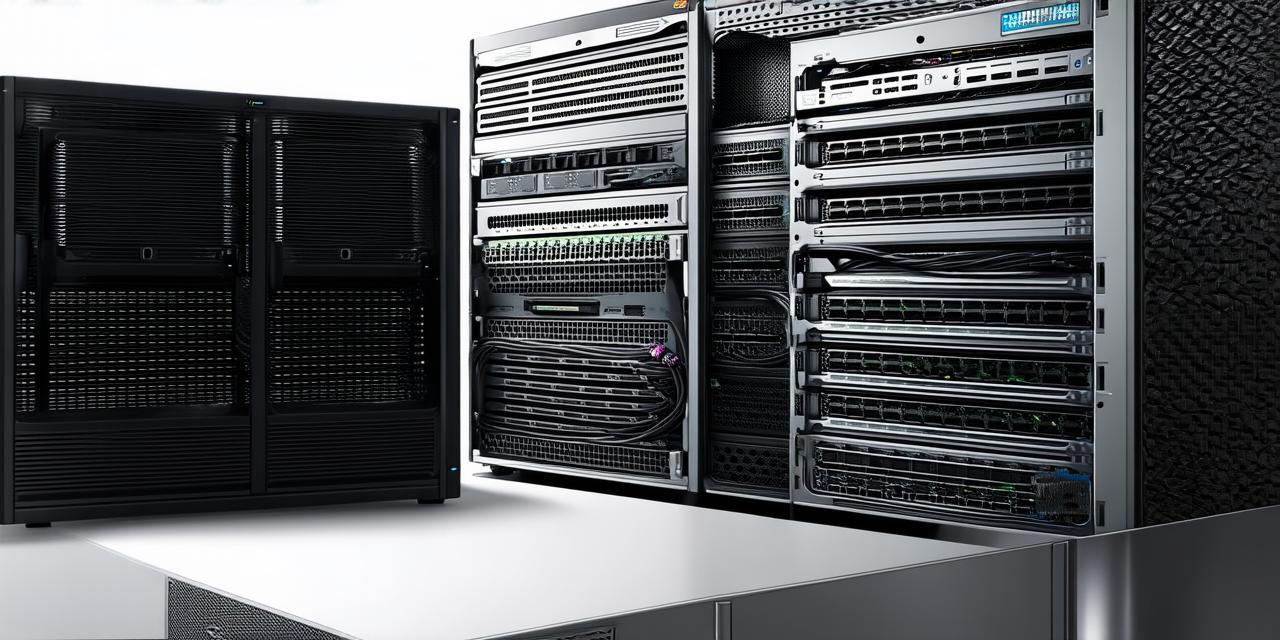As a web developer, you know that your website’s speed and reliability are crucial to its success. That’s where hosting servers come in – they provide the infrastructure and resources needed to store and serve your website’s files and data to visitors around the world.
Introduction: What is a Hosting Server?
A hosting server is a computer that stores and serves the files, data, and content of a website or application. When a user visits your website, their browser sends a request to your hosting server, which then retrieves and sends back the necessary files and data to display the page on their screen. Hosting servers are typically located in data centers, which provide secure, reliable, and high-speed environments for storing and serving websites.
Why do web developers need hosting servers?
Web developers need hosting servers to store and serve their website’s files, data, and content to visitors around the world. Without a hosting server, your website would be inaccessible to anyone who doesn’t have it stored on their own computer. Additionally, hosting servers provide important security features, such as firewalls and malware protection, which can help protect your website from cyber attacks and other threats.
Types of Hosting Servers
There are several different types of hosting servers available to web developers, each with its own advantages and disadvantages. The most common types include:

- Shared hosting: This is the most affordable option, where multiple websites share the same server. However, it can be slow and unreliable if one website uses too many resources.
- Virtual private server (VPS) hosting: This is a more advanced option that provides more control over your server’s resources and settings. It’s ideal for medium-sized websites with high traffic or complex applications.
- Dedicated hosting: This is the most powerful and expensive option, where you have an entire server to yourself. It’s ideal for large websites with high traffic or mission-critical applications that require maximum performance and reliability.
- Cloud hosting: This is a newer option that uses cloud technology to store and serve your website’s files and data. It provides scalability, flexibility, and cost-effectiveness, making it an attractive option for many web developers.
Factors to Consider When Choosing a Hosting Server
When choosing a hosting server, there are several factors you should consider, including:
- Performance: You want a fast and reliable server that can handle your website’s traffic without slowing down or crashing.
- Security: You need a secure server with firewalls, malware protection, and other security features to protect your website from cyber attacks and other threats.
- Scalability: You need a server that can handle growth and accommodate changes in traffic and resource usage as your website grows.
- Cost: You want an affordable server that fits your budget without sacrificing performance or reliability.
- Support: You need access to reliable support from the hosting provider, including technical assistance, backups, and other services to help you manage your server and troubleshoot any issues that arise.
Case Study: A Real-Life Example of Hosting Servers in Action
Let’s take a look at an example of how hosting servers work in action. Imagine you’re a web developer working on a new e-commerce website for a retail company. When you launch the site, you need to choose a hosting server that can handle the high traffic and provide reliable uptime. You select a dedicated hosting plan from a reputable provider, which gives you access to an entire server with all the resources you need to run your website smoothly.
